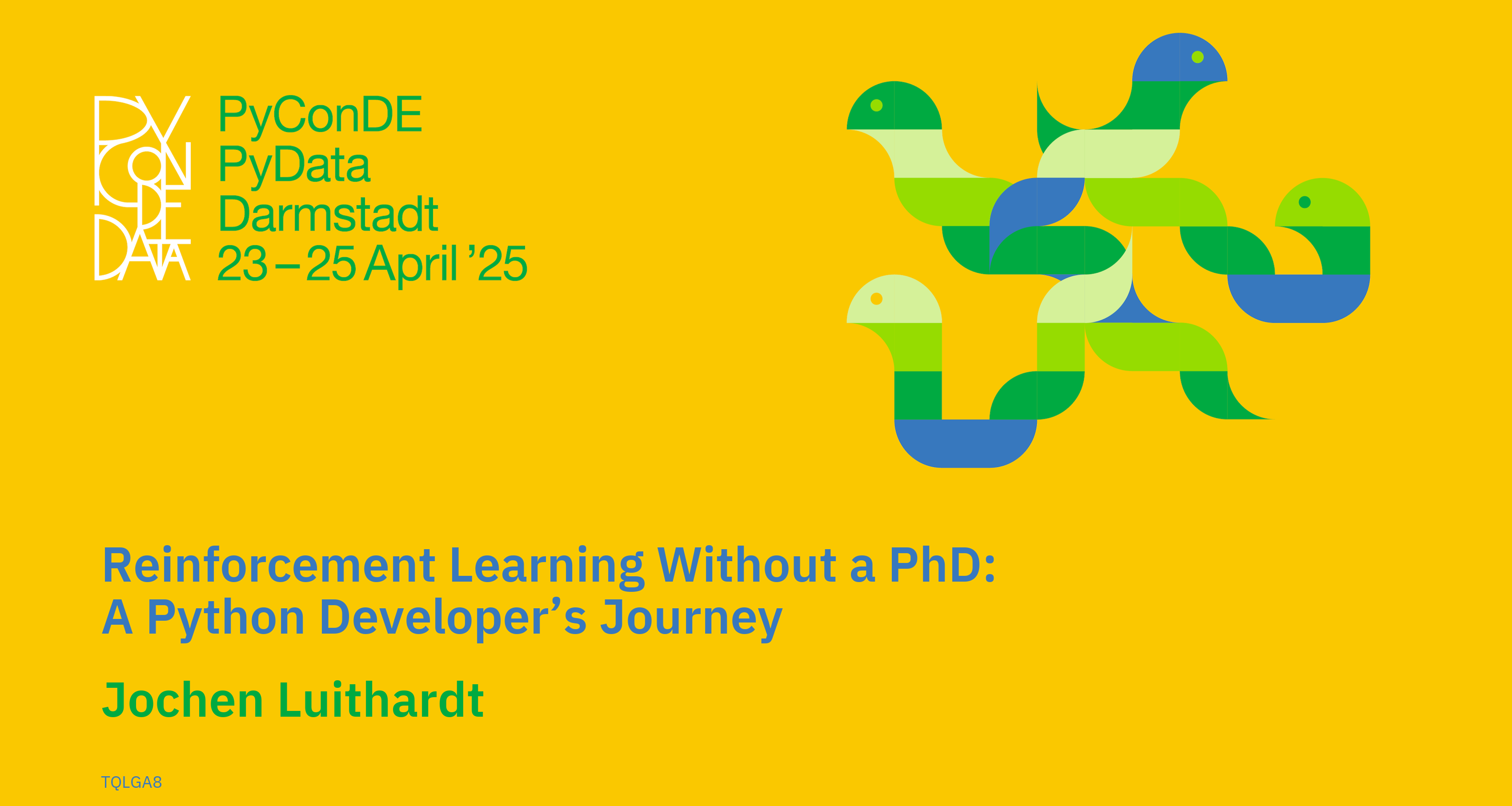Reinforcement Learning (RL) has made headlines for beating humans at Go and StarCraft, and it’s already being used by companies like Google, Amazon, and Lyft to optimize real-world systems. But outside of big tech and research labs, RL is still rarely applied. Why? Because even though RL is powerful, it's also complex, resource-intensive, and hard to implement without the right tools.
In this talk, we explore what it really takes to bring RL into production—without a PhD, a research team, or unlimited infrastructure. I’ll share the story of how we applied RL to a real-world business problem: optimizing digital campaign management in a fast-changing environment. We faced all the classic challenges—limited data, no simulator, and no out-of-the-box tools that actually worked for our use case.
We’ll look at how we built a training environment from historical data, dealt with uncertainty using ensemble models, and iterated through a long cycle of trial, error, and learning. That experience eventually led us to create pi_optimal, an open-source toolkit designed to make RL more accessible to Python developers and data scientists.
You’ll walk away with a clear understanding of:
- Why RL is powerful, but rarely applied in practice
- What makes real-world RL so challenging
- How we got a working RL system off the ground without a PhD in RL
- How pi_optimal helps lower the barrier to entry
- How you can get started with RL, either through theory or hands-on practice
Whether you're RL-curious or looking to apply it in your own projects, this talk offers practical insights and a live demo to help you take your first steps.
